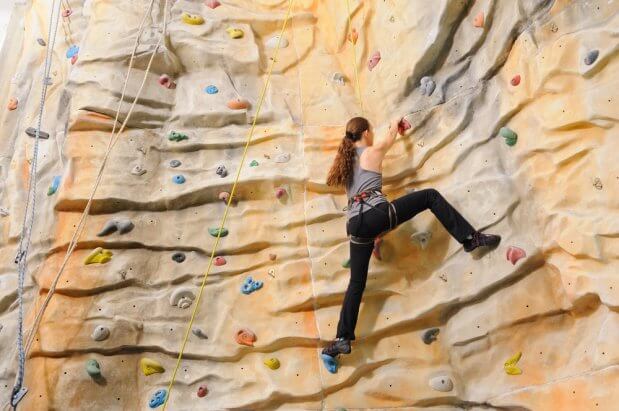ALLISON DUNFIELD
Special to The Globe and Mail
Four years ago, Laurianne McCarville and her husband were beyond frustrated. Their son, Steven, who had a learning disability, was floundering in Grade 9. His grades had dropped, he was defiant and angry, and he was getting into trouble.
The McCarvilles were terrified of what might happen if their son continued on that path. So Ms. McCarville went on the Internet, typing in searches for “son who won’t listen,” desperate to find any information that might help……
Unfortunately, situations like the McCarvilles’s are not uncommon. Many teens with behavioural, learning or emotional difficulties cannot function well in the regular school system. And parents find that traditional private schools do not cater to children who have special needs either, as they are focused on academic achievement.
But there are a growing number of private schools that cater specifically to difficult-to-manage teens.
“As research and development into helping kids and teens with special needs, whether behavioral, physical or mental, continues to grow, we see new specialized educational models and schools opening up. In particular, we have seen an increase in parents looking for these programs,” says Erin McLaughlin, communications specialist for Our Kids Canada, a Canadian information resource on private schools.
Still other programs in Canada can help teens through a difficult time while ensuring that they continue their studies. Venture Academy caters to teens that other schools cannot handle, says the executive director.
“Most kids have already been suspended or are on the verge of getting suspended, with a variety of other problems. Usually there is conflict in the family home.”
Not a school but rather an educational support system with a rotating student body of 20-30, Venture (tuition varies) treats teens with substance abuse, clinical disorders, anxiety and depression and cutting. Teens sent there take classes via distance education but have teachers to assist them.
After an assessment and intervention, a customized program is developed. Students also do group therapy, skills building and individual therapy.
The goal is not university acceptance but getting education back on track, he says. However, the current academic average is 85 per cent.
There is also a “very significant family focus,” said the executive director…And the school ensures that students begin to take care of their bodies, which leads to more self-confidence, he says. Most attend a CrossFit program and many continue it once they leave.
Since completing treatment for substance abuse last year, Kinsey Maxwell of Ottawa is now doing CrossFit competitions with her mother, Karen Maxwell.
Now back in her regular school in Grade 12, she is more attached to her family, has positive peer relationships, and is talking about a law degree.
“Our family as a unit has changed. We all have grown so much for this experience because when you come so close to losing something so precious, it just impacts the way you think about everything,” says Ms. Maxwell.
Excerpt, full article: http://www.theglobeandmail.com/news/national/education/private-schools-that-turn-around-troubled-teens/article4551045/







